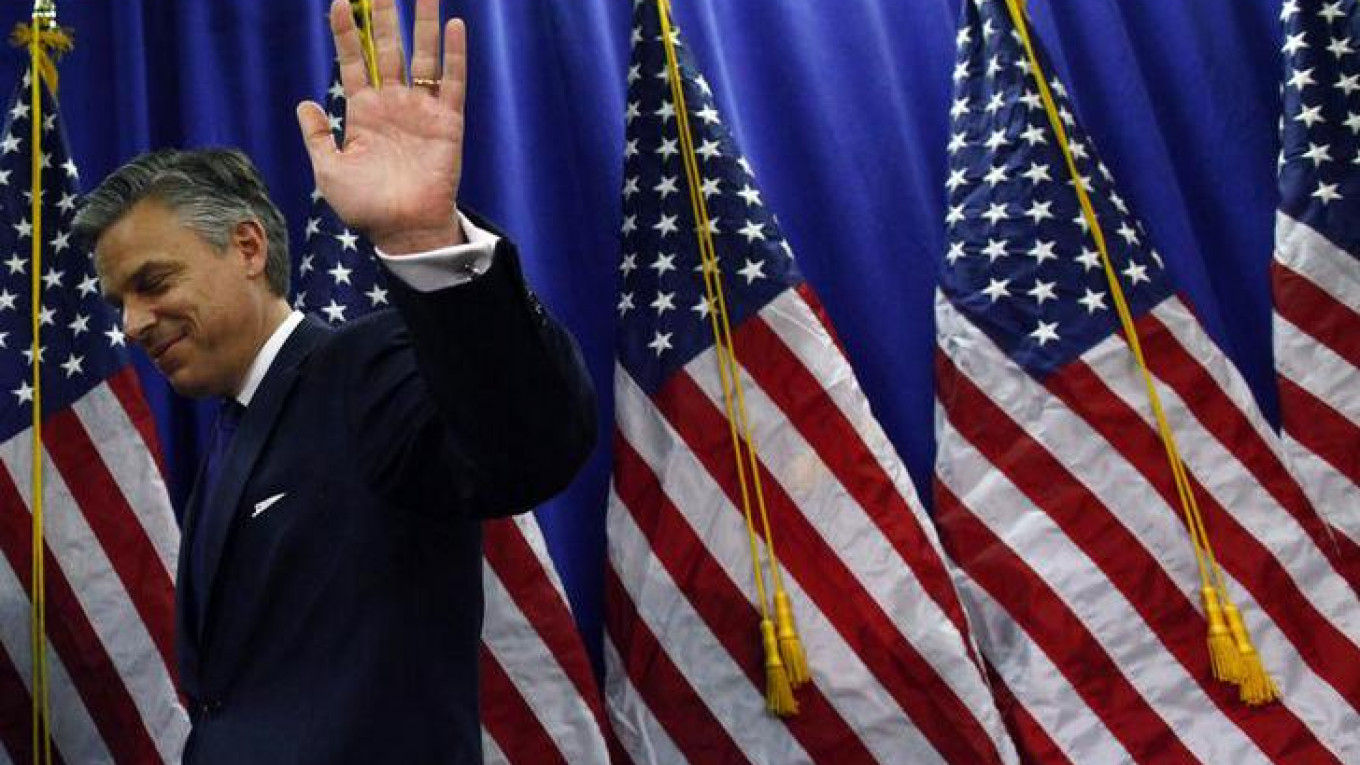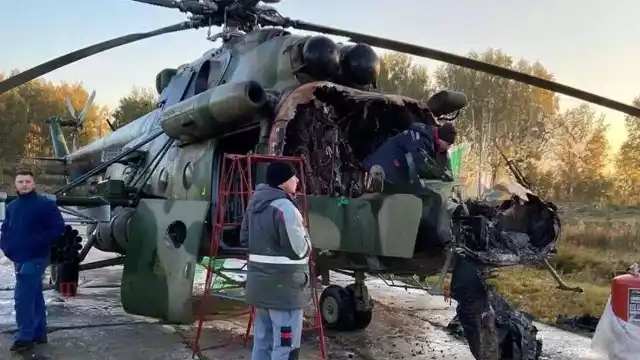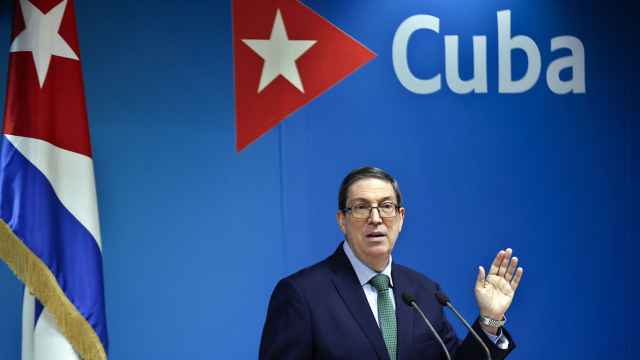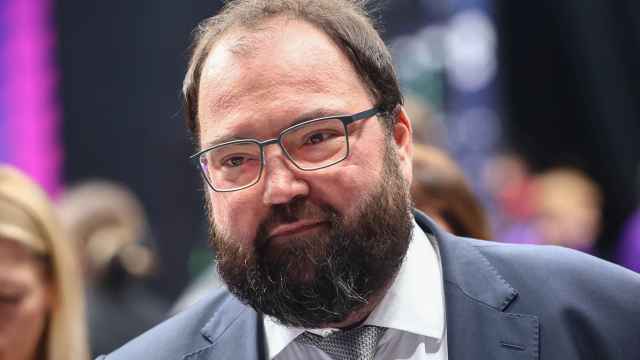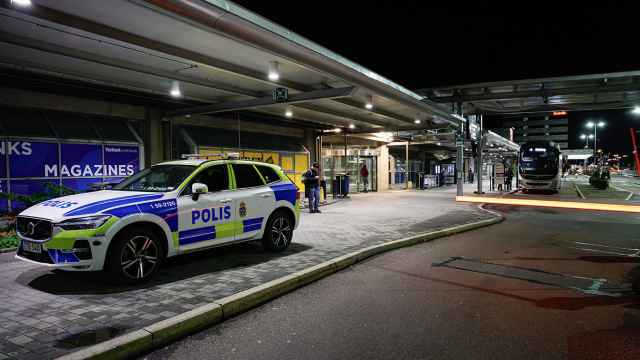The upcoming appointment of Jon Huntsman, former governor of Utah and previously U.S. ambassador to China, for the role of U.S. ambassador to Russia, if confirmed, will be welcomed by Moscow.
At minimum, the decision will reduce the unpredictability of U.S.-Russia relations. So far, Trump has yet to put forward a coherent framework on how to deal with Moscow.
Russia is winding down its irrational exuberance over Trump’s unexpected electoral victory. The regime is now cooling its expectations for a dramatic rapprochement with U.S. interests. Plans for an early summit between Trump and Russian President Vladimir Putin have been shelved. And it is now understood that there may be no scheduled meeting between the two before the G20 summit in Germany this June.
The Kremlin is awaiting clarification on U.S. policy on key issues, while making known its dismay that Trump’s position on Ukraine, sanctions, NATO, missile defense systems in Europe and nuclear arms control may not differ from Obama’s. The crisis in Syria and the fight against ISIS may be easy pickings on the path to positive relations, and the latest meetings between U.S. and Russian generals have been productive. Beyond that, however, it is difficult to gauge where positive progress can be made.
Huntsman is a surprise choice for Ambassador, given his vocal opposition to Trump’s electoral candidacy. He called for Trump’s withdrawal after a tape emerged on which the future president bragged about sexually assaulting women. The governor also lacks expertise on Russia and the former Soviet Union. But as a fluent speaker of Mandarin (developed during his stint as a Mormon missionary in Taiwan), and knowledge of U.S.-China relations, he may come in handy if Trump wishes to explore Russia’s mooted ‘pivot to Asia’ (however unlikely it is in reality).
Huntsman’s lack of Russian expertise actually has its advantages. It simplifies both his confirmation by the U.S. Senate and future contacts in Moscow. He has no baggage with Russia, and although his family business has had a significant presence on the Russian market since the 1990s, he has actively divested himself from the company.
For the Kremlin, Huntsman is a political heavy-weight and a seasoned statesman. A former presidential candidate, he is deeply plugged into Republican networks, albeit his personal relationship with the president is distant. His business friendly approach may boost long-held Russian hopes of broadening the bilateral agenda and political base for stable relations with Washington.
Although Huntsman is currently running the Atlantic Council, a Washington think tank not exactly known for pro-Moscow views, he has little exposure to “democracy promotion.” His diplomatic tour in Beijing was characterized by its emphasis on investment and trade, not human rights and democracy.
But Moscow is aware that U.S. Ambassadors to Russia are policy supporting, not policy producing actors. Ambassadors serve at the pleasure of the President, and implement the policies he prescribes.
It is much more important who has the job of the NSC Senior Director for Russia (now combined with Europe), the Assistant Secretary of State for European Affairs, and the similar position in the DOD. More interesting is the question of whether the Trump administration would create the position of “Russia Policy Czar,” a senior level appointment to coordinate disparate interagency efforts for engaging and resisting Russia. This has been proposed by Tom Graham, Director of the international consulting firm “Kissinger and Associates,” who himself had been rumored as a potential ambassador to Moscow.
The likely appointment of Fiona Hill of the Brookings Institution as Senior NSC Director for Russia and Europe (still officially unconfirmed) has been met in Moscow with tempered optimism. Hill, who throughout her academic and intelligence career (she was National Intelligence Officer for Russia in 2007-2009) has become known for both her realistic stance on Putin, as well as her extensive networks within Russian policy-making circles. Hill described Putin as “the only decider,” and advocates deeper engagement between the Russian president and Trump.
This is welcome news to the Kremlin, and Ambassador Huntsman may well be suited for such a role. But he has his work cut out for him.
A Message from The Moscow Times:
Dear readers,
We are facing unprecedented challenges. Russia's Prosecutor General's Office has designated The Moscow Times as an "undesirable" organization, criminalizing our work and putting our staff at risk of prosecution. This follows our earlier unjust labeling as a "foreign agent."
These actions are direct attempts to silence independent journalism in Russia. The authorities claim our work "discredits the decisions of the Russian leadership." We see things differently: we strive to provide accurate, unbiased reporting on Russia.
We, the journalists of The Moscow Times, refuse to be silenced. But to continue our work, we need your help.
Your support, no matter how small, makes a world of difference. If you can, please support us monthly starting from just $2. It's quick to set up, and every contribution makes a significant impact.
By supporting The Moscow Times, you're defending open, independent journalism in the face of repression. Thank you for standing with us.
Remind me later.



